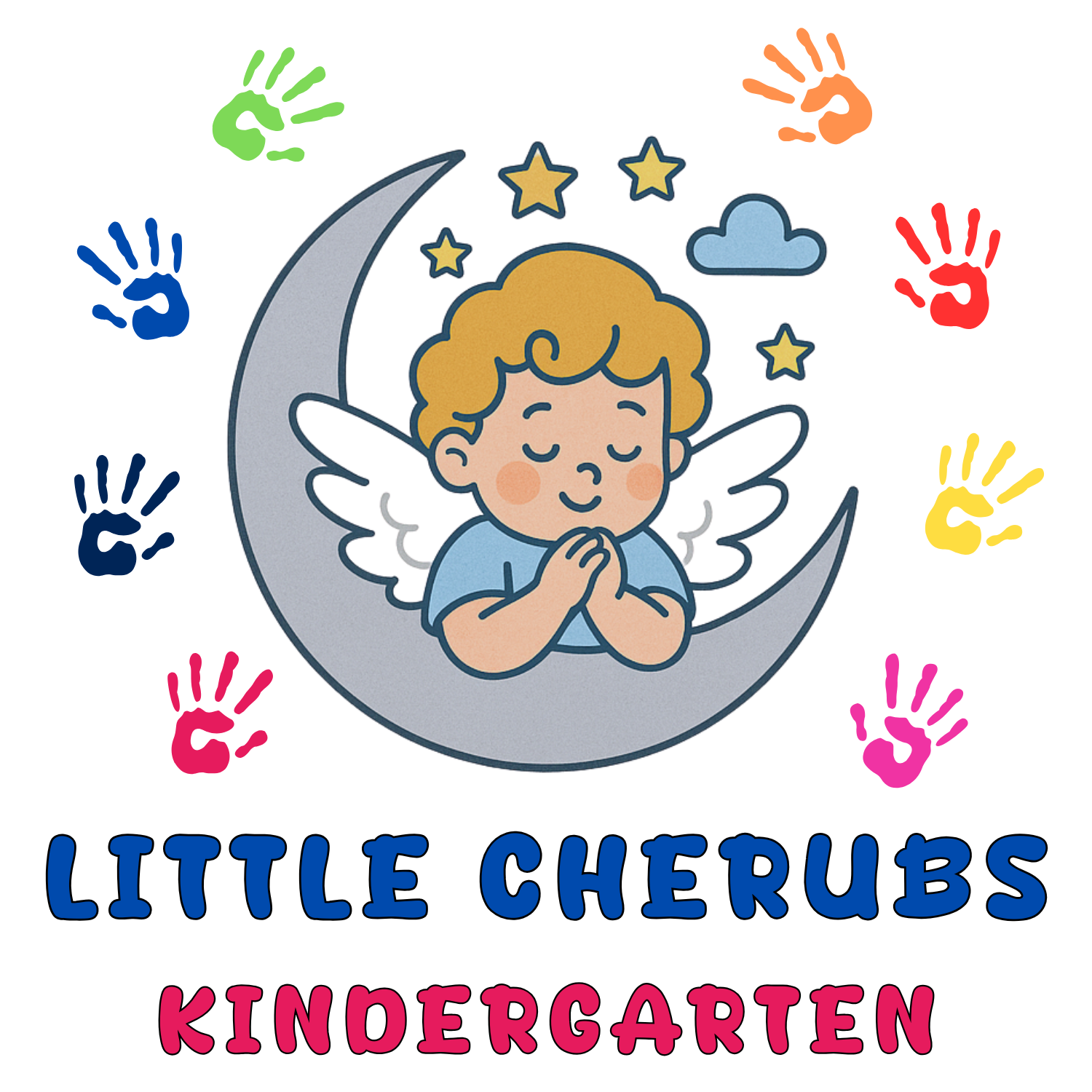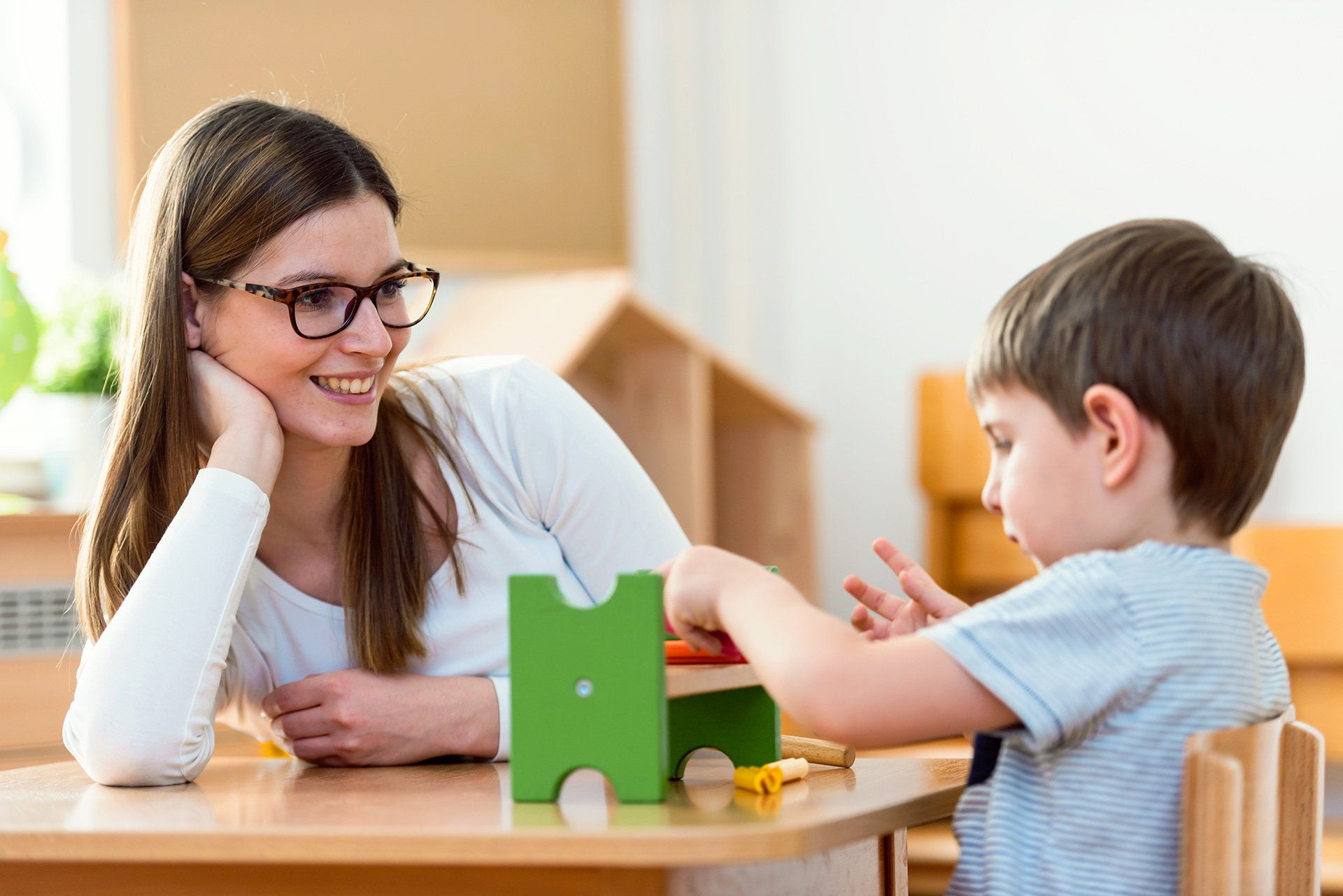Our Curriculum
At Little Cherubs, we follow the Early Years Foundation Stage Statutory Framework for children’s learning and development.
Each child has a key person who works very closely with the child, providing every opportunity to help children settle, develop and flourish, to achieve the very best outcomes while they play and learn at Little Cherubs (Positive Relationship).
Each key person has an assigned ‘Buddy’. The Buddy (practitioner) will ensure they also spend quality time getting to know a key person’s key group, so in the event that the key person is on leave or unwell, the Buddy can look after the key group to ensure each child continues to feel safe and secure (Positive Relationships).
All practitioners are fully inducted into our Observation, Planning and Assessment cycle.
Each child is given individual support so they can progress at their own pace (A Unique Child).
At Little Cherubs, each day is carefully planned with a variety of challenging, stimulating and fun activities (Enabling Environment).
Our weekly planning consists of children’s next steps, their interests, our book of the month, parental involvement, new experiences and our continuous provision (Learning and Development).
At Little Cherubs, key people refer to Birth to 5 Matters. This is non-statutory guidance for the Early Years Foundation Stage, which supports children’s progress towards all of the statutory Early Learning Goals. Children are taught within the 7 areas of development and the characteristics of effective learning, which describe the behaviour that children use in order to learn and achieve.
Areas of EYFS
The Prime areas:
Personal, Social and Emotional Development:
- Making Relationships
- Sense of self
- Understanding feelings
Children learn to play together, make relationships with adults and peers, join in activities, initiate activities, choose activities confidently, learn to express ideas, thoughts and feelings, share, and take turns.
Physical Development
- Moving and handling
- Health and self-care
Children learn to develop their fine and gross motor skills, carefully handling tools and equipment, taking risks, getting independent with feeding, dressing, undressing and toileting, learning about healthy eating, personal hygiene and oral hygiene.
Communication and Language:
- Listening and attention
- Understanding
- Speaking
Children learn to listen and understand instructions, follow them, develop their speaking skills, learning new vocabulary and use them, use Makaton, and use descriptive and expressive language
The Specific Areas:
Literacy
- Reading
- Writing
- Mathematics
Understanding the World
- People and communities
- The World
- Technology
Expressive Arts and design
- Creating with Material
- Being Imaginative and expressive
The Characteristics of Effective Learning:
Playing and exploring (engagement)
- Finding out and exploring
- Playing with what they know
- Being willing to have a go
Active Learning (Motivation)
- Being involved and concentrating
- Keep trying
- Enjoying achieving what they set out to do
Creating and Thinking critically (Thinking)
- Having their own ideas
- Making Links
- Working with ideas
At Little Cherubs, we also follow the 3 I’s as an essential component of our high-quality curriculum. We believe all activities should have a clear intent, effective implementation and strong evaluation to measure the impact on each child’s learning and progress.
What are the 3 I’s?
- Intent: The content we expect the children to learn
- Implement: How we plan for children to achieve the intent
- Impact:
The outcome what has been learnt
Please feel free to contact the nursery management for further information on the EYFS Delivery


